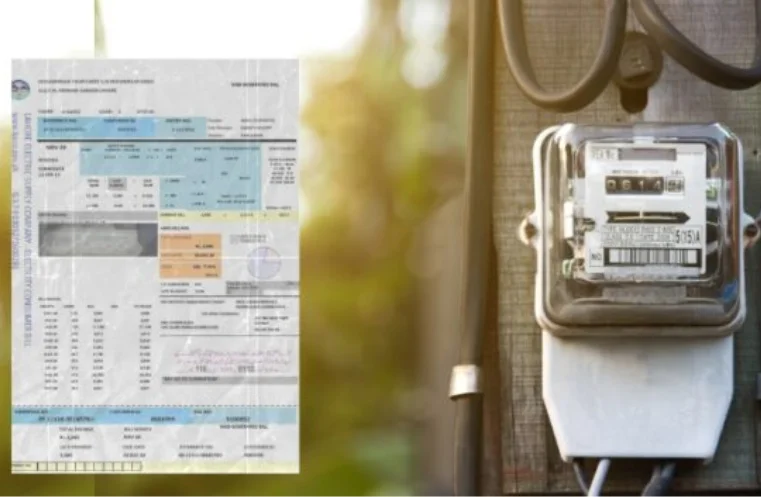ISLAMABAD, March 24: IMF has refused to entertain government’s request to cut power tariff by Rs 8 per unit, as had been seen in media in last few days.
The financial sides did not come into balance, if the reduction is straight away shifted to the consumer bills.
The announcement was due to be announced on march 23 by the Prime Minister, but was not seen from any government quarters.
There had been efforts by the government to match the celebration of March 23 with the power tariff cut news for the people. But, it remained as a hearsay than a confirmed news.
Several key developments related to the government’s plans to reduce electricity tariffs and address issues in the power sector, remained to be seen.
There had been several hurdles that have delayed the implementation of these plans.
Electricity Tariff Reduction:
The government had promised a reduction in electricity tariffs, with reports suggesting that the prime minister might announce an Rs8 per unit decrease in his Pakistan Day speech on March 23.
However, the announcement did not happen as expected due to challenges in securing approval from the International Monetary Fund (IMF).
The IMF is currently reviewing Pakistan’s economic performance and has not approved the tariff reduction plan, citing concerns over its fiscal impact.
Additionally, there are regulatory hurdles, including petitions from electricity distribution companies (Discos) for annual base tariff revisions and changes to solar-net metering policies that need to be addressed.
Legal and Regulatory Challenges:
According to officials, while the government is sincere in its intent, significant legal, procedural, and regulatory steps are required to materialize the relief.
The National Electric Power Regulatory Authority (Nepra) is currently dealing with petitions from Independent Power Producers (IPPs) and proposals for solar policy changes, which complicates the situation.
To implement the tariff reductions, the government needs to gather sufficient data and ensure alignment with the IMF’s conditions, which adds complexity to the process.
Solar Net Metering Policy:
A significant point of contention has been changes to the solar net metering policy, which had been criticized by former finance minister Miftah Ismail.
Despite the criticism, the prime minister emphasized that the government’s priority is to promote renewable energy.
He clarified that there would be no changes to the overall solar energy policy but did acknowledge a reduction in buyback rates for future solar net-metered consumers.
The government’s focus seems to be on promoting utility-scale solar energy through private investments rather than consumer-based net metering.
Privatization of Power Sector:
The prime minister also discussed the need for swift action in the privatization of generation companies and power distribution companies.
This includes resolving legal matters related to privatization and improving coordination between various sectors, such as power, water resources, and petroleum, to form a comprehensive strategy for the energy sector.
In summary, while the government is working on a significant relief package for electricity consumers, it faces multiple challenges from both domestic regulatory bodies and international stakeholders like the IMF.
The timing of the tariff reduction package remains uncertain as these issues are addressed.
